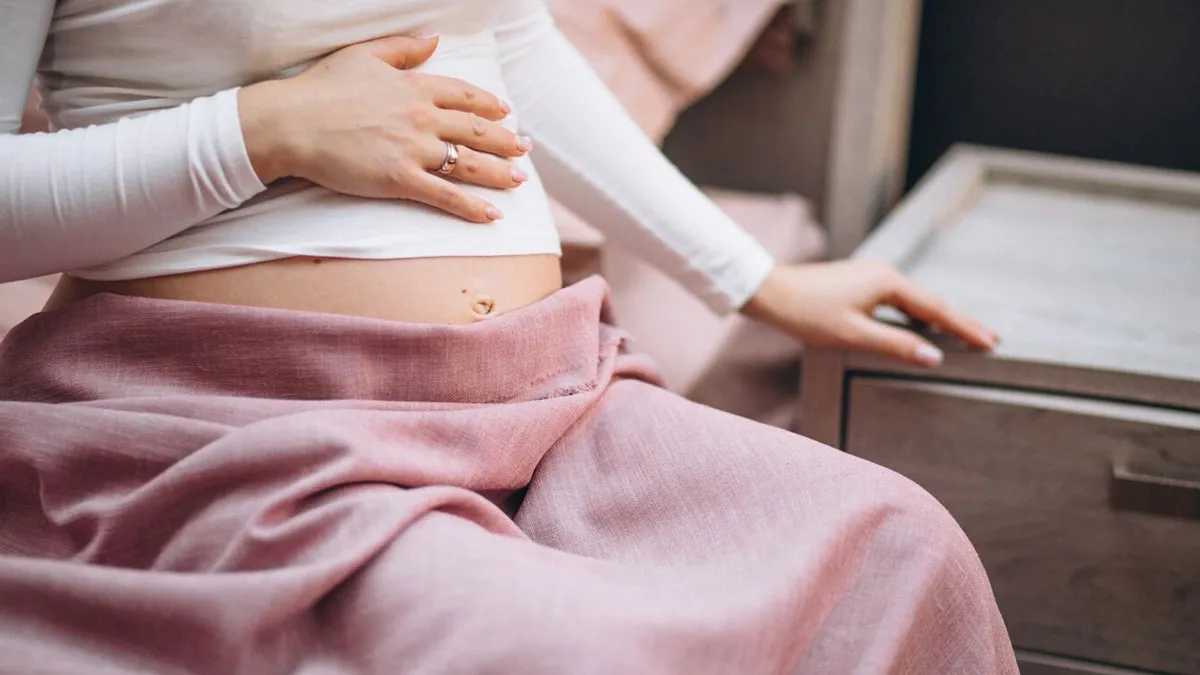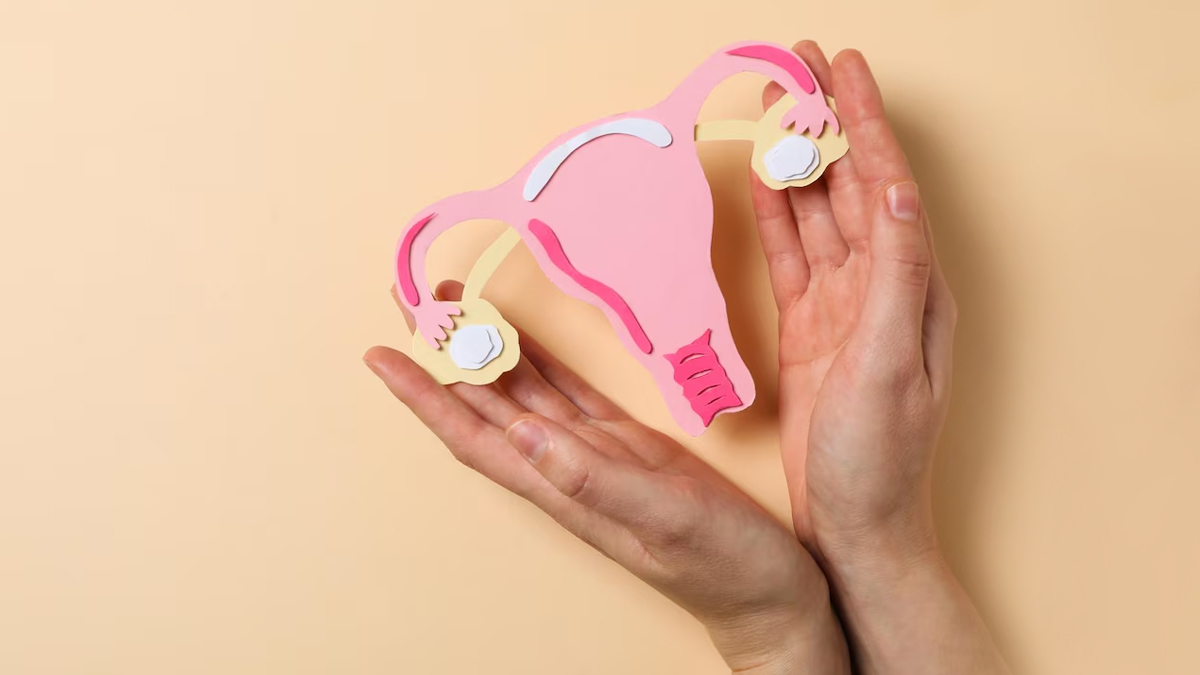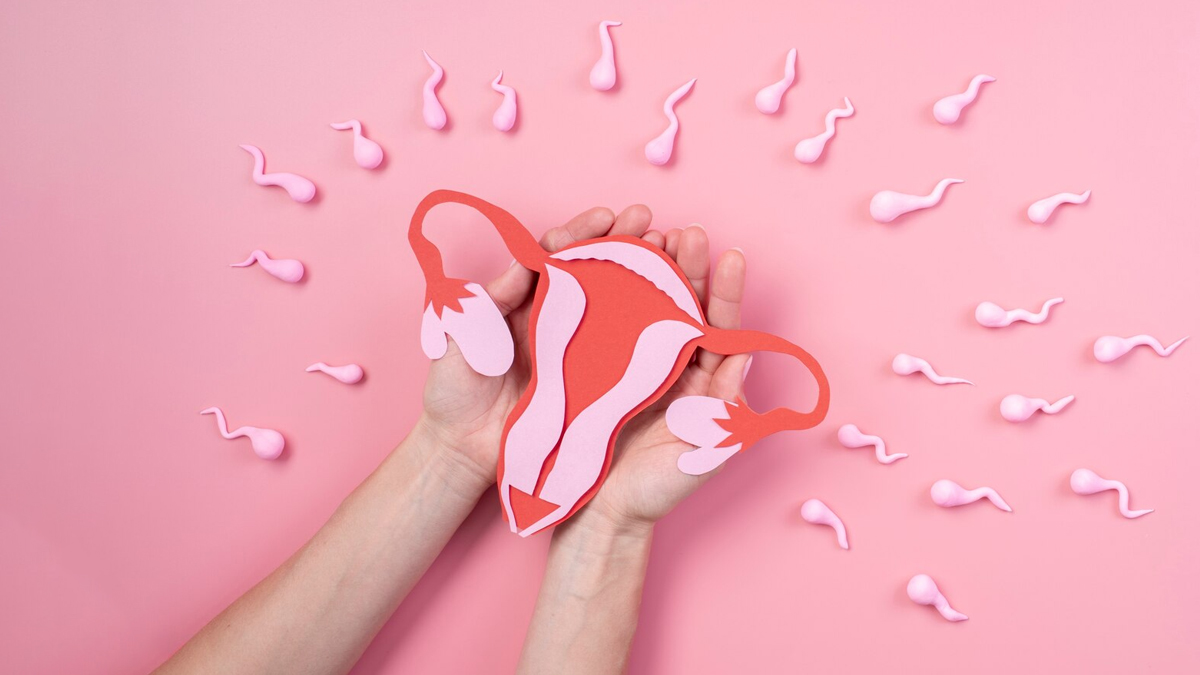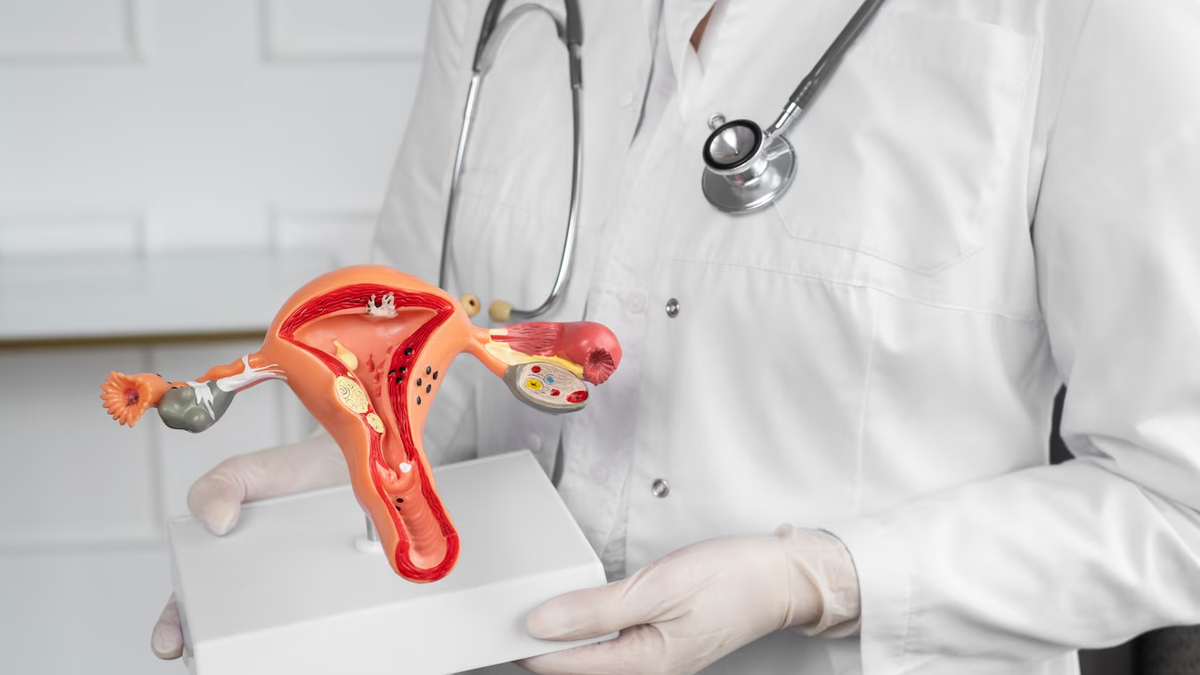
'Will I be able to conceive naturally?' - Most women diagnosed with endometriosis have this particular concern, and it is understandable. Endometriosis is a chronic condition in which tissue that is similar to the uterus lining begins growing outside the uterus, either on the ovaries, or on the fallopian tubes, or on other organs within the pelvis. This misplaced tissue can cause painful menstruation, heavy menstrual bleeding, and, in some instances, infertility issues.
Table of Content:-
However, it’s important to remember that an endometriosis diagnosis doesn't necessarily signal the end of one's ability to have children. But while advanced fertility treatments help women with endometriosis achieve pregnancy, is natural conception still a possible option?
Also Read: Surprising Signs Of Endometriosis In The Leg
How Endometriosis Affects Fertility

Globally, an estimated 24.7 crore women are affected by endometriosis, with approximately 40.2 lakh cases in India alone, highlights Dr Pallavi Prasad, Fertility Specialist, Nova IVF Fertility, Basaveshawara Nagar, Bengaluru. While the exact cause of the condition remains unclear, research suggests that inflammation, scarring, and distorted pelvic anatomy caused by endometriosis can interfere with ovulation and the implantation of the fertilised egg.
A 2024 study published in Obstetrics, Gynaecology & Reproductive Medicine sheds light on how endometriosis can interfere with a woman’s ability to conceive. Affecting up to 15% of those with a uterus during their reproductive years, endometriosis often leads to infertility and persistent pelvic pain, researchers noted. They explained that infertility linked to endometriosis is multifaceted, involving inflammation, hormonal imbalances, and even physical barriers that can disrupt ovulation, fertilisation, or embryo implantation.
Can Women With Endometriosis Conceive Naturally?

According to a 2022 study published in the International Journal of Environmental Research and Public Health, 35–50% of people with endometriosis experience infertility. However, it is still possible for someone with the condition to conceive naturally and without any fertility treatments.
Dr Prasad says that the impact of endometriosis on fertility largely depends on the severity of the condition. “Women with mild or moderate forms of the condition generally have a chance of natural conception compared to those with severe endometriosis.”
She adds that there are several factors that may influence natural conception with endometriosis, with age being one of the crucial considerations. "Younger women tend to have better fertility outcomes."
Additionally, leading a healthy lifestyle, which includes following a balanced diet, exercising regularly, and avoiding unhealthy habits like smoking and drinking, can also support reproductive health.
In some cases, doctors may recommend a minor surgical procedure called laparoscopy to remove visible endometriosis tissue. Although this surgery can often help with the chances of conceiving naturally, in some cases, endometriosis can unfortunately still occur even after the surgery.
Also Read: Endometriosis & Women's Health: Doctors Answer Most-Asked Questions on Endometriosis
When Should You Seek Medical Advice?

If you’ve been trying to conceive for six months to a year without success, especially if you're over the age of 35, it's advisable to consult a fertility specialist, advises Dr Prasad.
"Early assessment can help identify any hidden factors that might be affecting fertility. Based on the assessment, the doctor might recommend a supportive fertility treatment plan. However, not every woman with endometriosis will require these interventions," she adds.
Each patient is different. Factors such as age, the extent of endometriosis, the presence of other medical conditions, history of miscarriage, and how long a couple has been trying to conceive will all influence the treatment approach. That's why a personalised plan is key.
Conclusion
Endometriosis can be a painful and emotionally challenging condition, as it often increases the risk of infertility. However, it does not completely mean that you have no chance of a natural pregnancy. Mild and moderate cases often respond well to lifestyle changes and timely medical care. Even in severe cases, there are many options available to support a fertility journey. Therefore, if you're someone with or someone living with endometriosis and hoping to start a family, don’t hesitate to seek medical guidance early. With proper evaluation, natural conception may still be well within reach.
Also watch this video
How we keep this article up to date:
We work with experts and keep a close eye on the latest in health and wellness. Whenever there is a new research or helpful information, we update our articles with accurate and useful advice.
Current Version